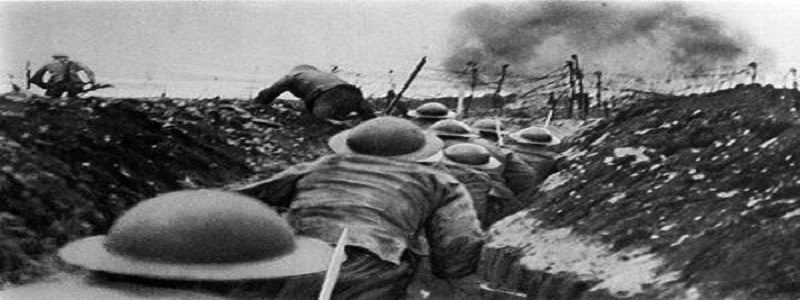Argumentalizing ‘A Raisin in the Sun’
Lorraine Hansberry’s 1959 play A Raisin in the Sun is a sturdy classic of 20th century American literature and African-American literature and history, and it deserves to be as widely taught in high school English classes as it is. We have worked with multiple partner schools on the work, and our projects have been honed through iterative implementations to focus on several debatable issues, but one in particular.
Beyond Changing Opinions: The Enduring Impact of Debate
Even if you make no progress in changing anyone else’s mind, you may end up changing your own. Debate is like a stone that sharpens a blade. By forcing you to defend your arguments in a rigorous way, it compels you to think more deeply about them.
Are you among the millions of Americans who, in the year or so since the 2016 presidential election, have found themselves shaking with frustration at the refusal of a friend, family member, or colleague to accept a premise that seems beyond dispute? Have you argued, over Thanksgiving dinner or on social media, until one of you stormed away huffing and red in the face? Do you despair at the seemingly hopeless task of reconciling your own beliefs with those of the other half of the country? Well, I have bad news, good news, and a bit of advice for you.
The bad news is that a logical argumentation is not a particularly effective tool for changing the mind of a person you’re arguing with. I say this as a dedicated debater and teacher of debate. Unfortunately, what we know of human psychology suggests that directly challenging a person’s beliefs can even have the opposite effect, further entrenching those beliefs and making them more resistant to change. People circle the wagons, so to speak, when they feel attacked. They close their minds, and in the process of arguing they often come to hold their original beliefs even more strongly.
Unit Assessment: The Use of Evidence in Interpreting ‘Catcher in the Rye’
Last month I posted on a project called Argument Stations on The Catcher in the Rye that has students thinking hard about the novel’s voice, particular diction, and characterization as they point in certain interpretive directions in response to a debatable issue. This post, which examines a unit assessment on the use of evidence in understanding and interpreting the novel, is a kind of corollary and culmination.
Analyzing a Model Interpretive Argument on ‘To Kill A Mockingbird’
At one of Argument-Centered Education’s partner schools, Daniel Hale Williams College Prep in Chicago, I have been working extensively this year with a young and rising-star English teacher by the name of Thom Connor. Mr. Connor has been absorbing argument pedagogy and he has been making it his own, innovating a series of activities and assessments with his English I (9th grade), English II (10th grade), and AP Language & Composition (11th grade) students. I have been collaborating with him on revising and refining these resources. What is coming out of his inventions, and our collaborations, is having an increasingly apparent big impact on the teaching and learning in his classrooms. One such resource innovation is the activity we’ve called Analyzing a Model Interpretive Argument.
The Great War and Academic Argument
World War I was cataclysmic not only in the death and destruction it wrought on the battlefield (with more than 10 million killed), but also in its shattering in the Western world (certainly in Europe) of certain kind of belief in the nobility of civilization and the inevitability of progress. “The war to end all wars,” in H.G. Wells’ immortal phrase, and the war that would “make the world safe for democracy,” according to President Woodrow Wilson — the idealism that inspired these phrases sounded bitterly ironic after the War, and by 1918 sardonic clouds had settled over the European psyche to stay.
This argument-based project teaches World War I through debates about the deepest causes of that conflict. It brings together primary and secondary textual and video sources to teach content through the framework of academic argument.






